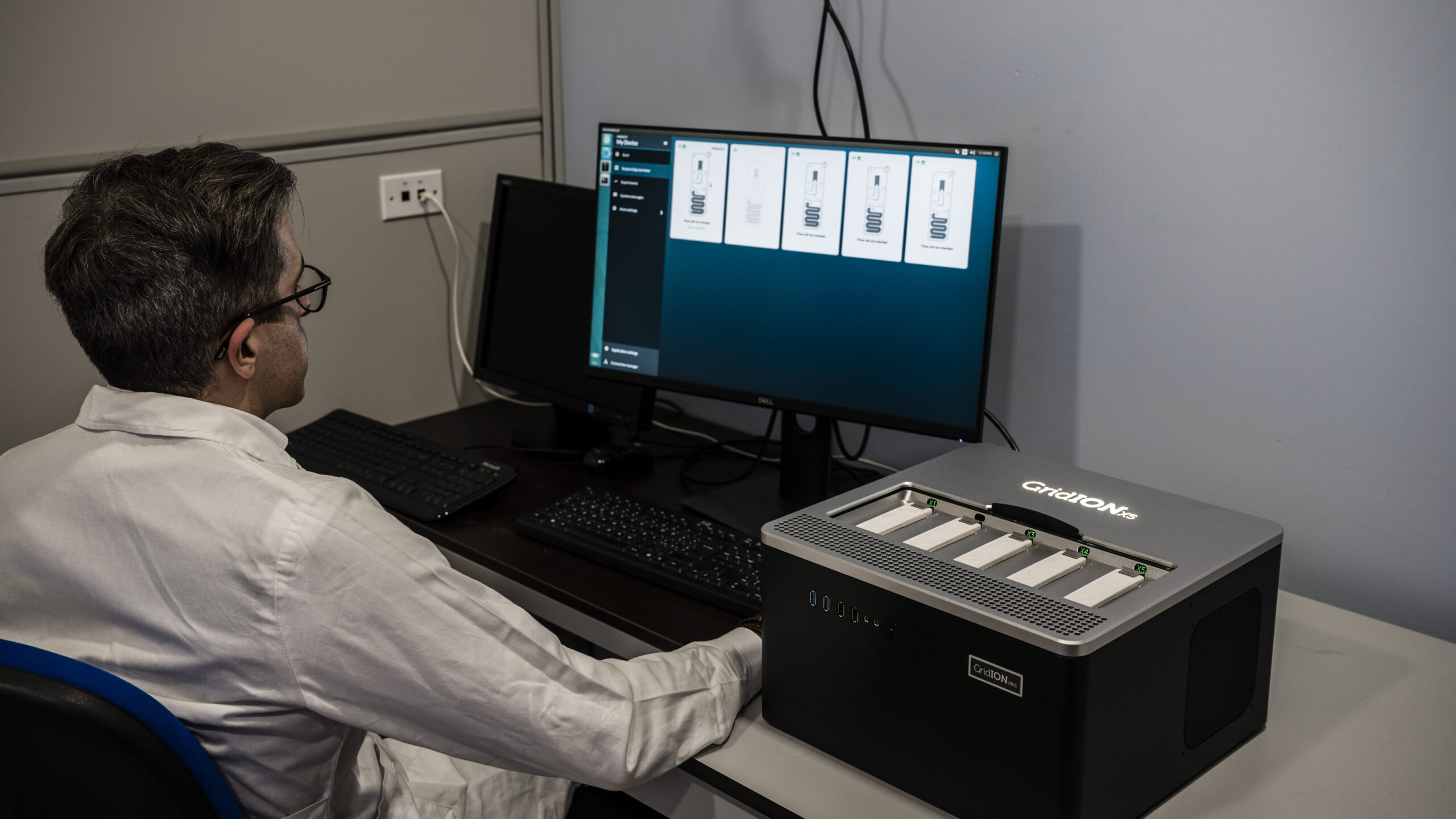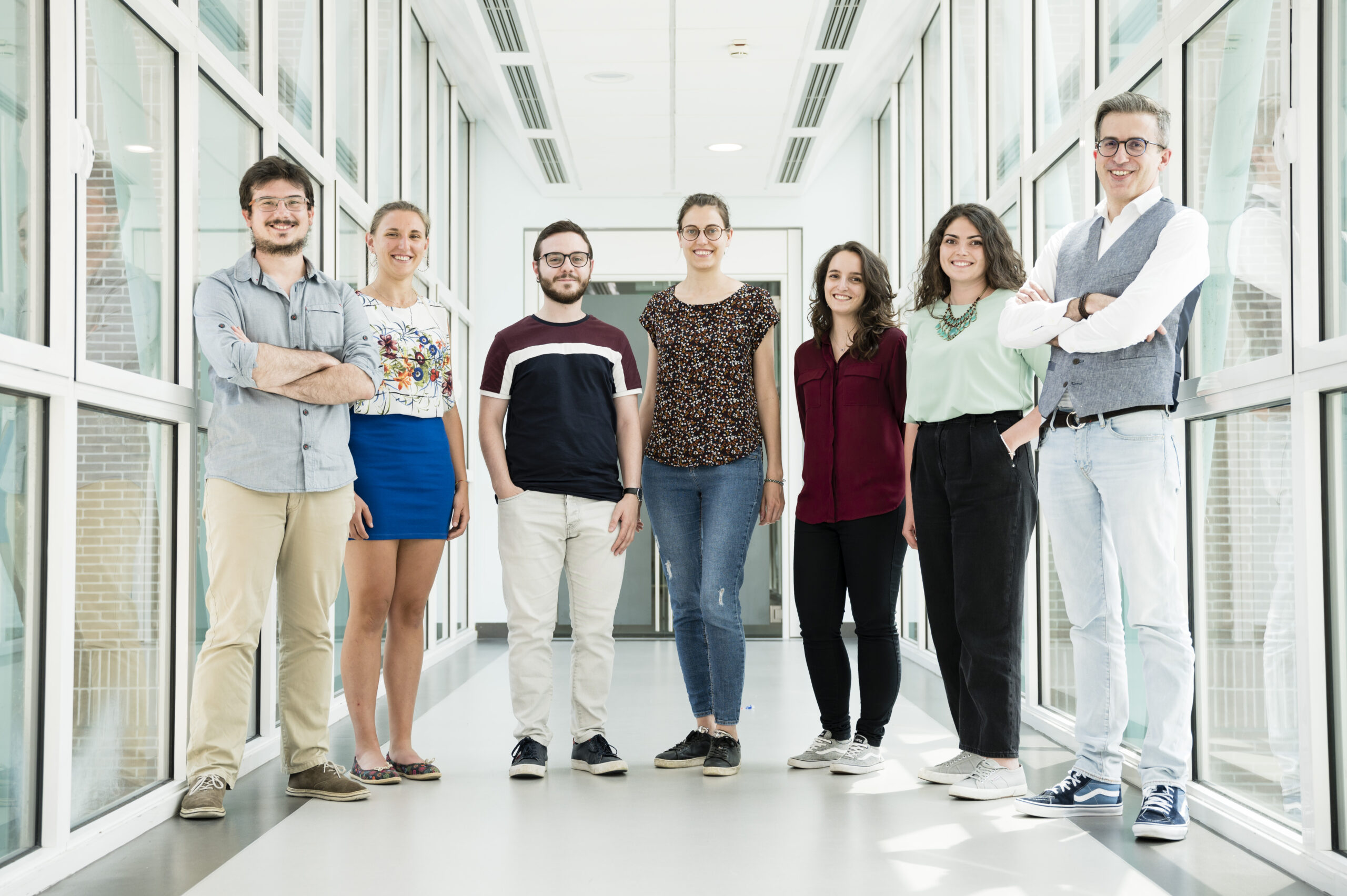Program
Our group studies cancer genomics using large-scale next-generation sequencing data to identify and characterize the molecular mechanisms driving cancer onset and progression.
Our group studies cancer genomics using large-scale next-generation sequencing data to identify and characterize the molecular mechanisms driving cancer onset and progression. By combining bioinformatics, statistical modelling, molecular biology, and data science our research aims to disentangle the complexity of genomic data to provide a personalized medicine able to be incorporated into clinical practice. The group’s activity focuses on identifying genomic alterations, reconstructing the clonal evolution of tumors, and identifying novel molecular mechanisms that are favourable clinical intervention points. Particular interest is devoted to the study of RNA binding proteins and their role in the onset and progression of cancer. By employing multi-omics long- and short-read sequencing approaches at both bulk and single-cell population levels, we tackle alternative splicing dysregulation in disease as a source of new therapeutic targets.
With the growth of large-scale sequencing projects, modern biology is facing new bottlenecks caused by the massive production of genomic data. One of the new challenges is to extract relevant information from these genomic Big Data taking into account their inherent heterogeneity. Our laboratory addresses a wide range of biological problems resulting from the analysis of genomic, transcriptomic and epigenetic next-generation sequencing experiments. In our activity we apply the most recent bioinformatic, statistical and mathematical approaches to disentangle the complexity of these high-volume genomic data and identify the biological processes associated with a phenotype. Our goal is to develop new paradigms to define molecular mechanisms responsible for disease onset (PI: M. Cereda).

